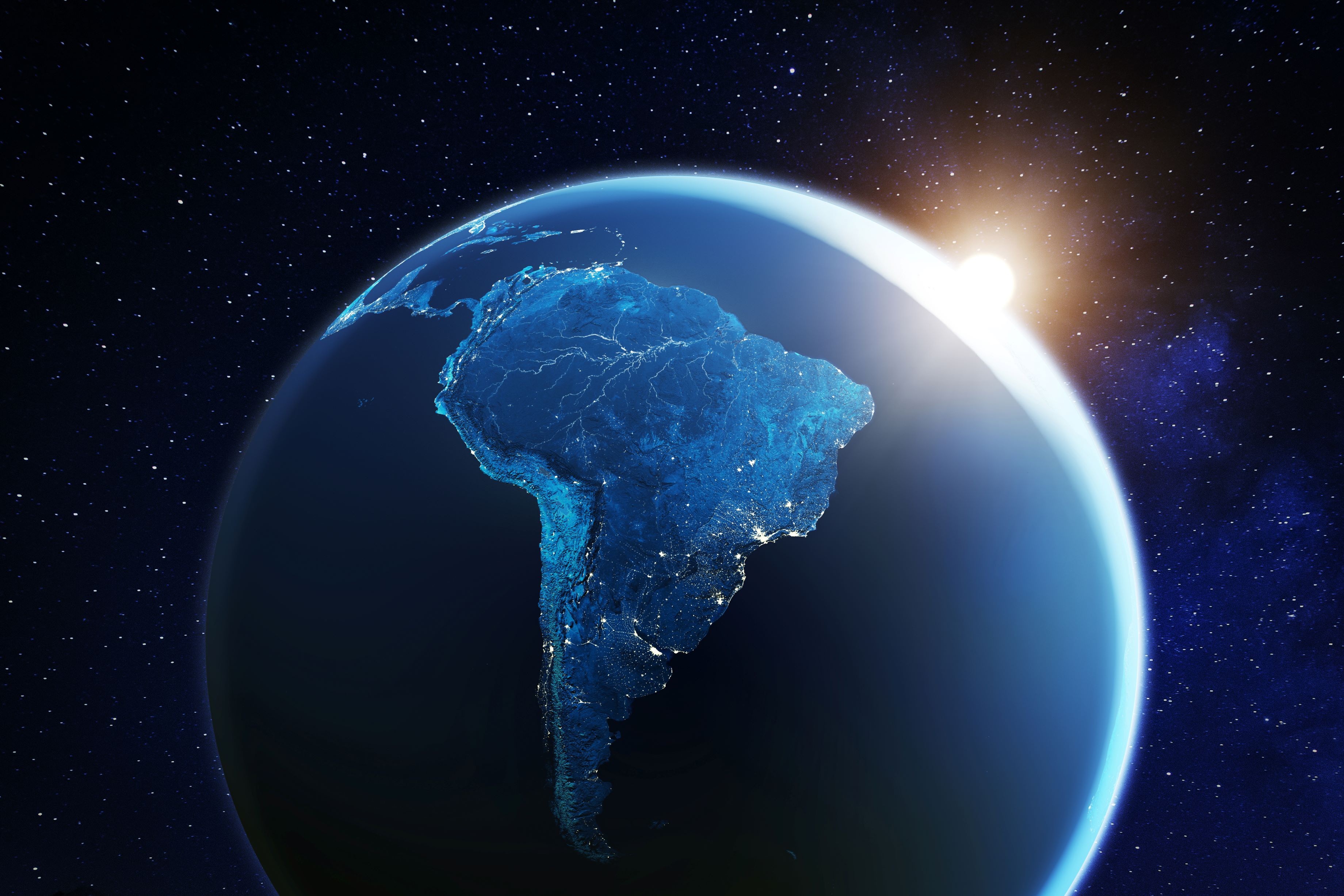
In the latest edition of the IOE&IT Daily Update’s round-up of all things related to Latin American trade, we cover the continued saga of the EU-Mercosur deal, European investment in the region and a currency agreement between China and Argentina.
EU-Mercosur deal still stalled
Diplomats from the EU and Mercosur nations said there had been no breakthrough on trade at this week’s Community of Latin American and Caribbean States (CELAC) summit held in Brussels (17-18 July).
The delayed ratification of the deal between the two blocs was one of the issues leaders hoped to settle at the EU-CELAC meeting.
Mercosur is a common market consisting of Argentina, Brazil, Paraguay, Uruguay and Venezuela, with Bolivia currently in the process of joining. Venezuela’s membership has been suspended since 2017.
However, the deal between the EU and Mercosur, which was tentatively agreed in 2019, has since stalled on European concerns about deforestation and agricultural competition.
Austria chancellor, Karl Nehammer, faced strong pressure to reverse a veto he placed on the agreement, including from members of his centre-right ÖVP party.
Despite the stalemate, the EU pushed its claim to be “the partner of choice for Latin America and the Caribbean”, reports Reuters.
EU $45bn investment in LatAm
European Commission president, Ursula von der Leyen, announced an investment of €45bn for Latin American and Caribbean economies through the Global Gateway programme.
Von der Leyen said that the programme will seek to “create local value chains” in energy and climate initiatives, reports Mercopress.
“More than 135 projects are already in the pipeline, from clean hydrogen to critical raw materials, from the expansion of high-performance data cable networks to the production of the most advanced RNA vaccines,” she said.
On the economic front, the EU is looking to forge new energy partnerships after severing ties with Russia and wants to reduce its reliance on China and secure minerals for electric vehicles and the transition to Net Zero.
Argentina leans-in on China
Argentinian economy minister, Sergio Massa, used a trip to China to secure funding worth $3.05bn to finance railways, power, lithium projects and renewable energy, as well as bolstering Argentine exports to China.
This deal is the latest move by Argentina to link more closely to the Chinese currency, the yuan, as it looks to safeguard its dwindling US dollar reserves, reports Aljazeera.
About 500 Argentine companies have already started to pay for Chinese imports in yuan, according to Argentina’s customs agency.
Forbes warns that seeking loans from Beijing will push Argentina closer to China and away from the US.
Both China and the US have identified Argentina as an important hotspot due to its vast reserves of natural resources, but Buenos Aires has tried to maintain a balancing act between the two.
Massa is a candidate in October’s presidential election to succeed incumbent Alberto Fernández and is largely seen as offering a continuation of the current administration.
Brazil-UK agreement boosts meat exports
UK authorities have lifted reinforced controls on Brazilian meat, Brasilia’s ministries of foreign affairs and agriculture announced.
A British government health audit mission found that Brazil had resolved issues related to sanitary and phytosanitary (SPS) regulation that had led to enhanced controls on Brazilian meat.
Brazilian meat lobby, ABPA, said the UK had approved a “pre-listing” model for the country’s chicken exporting plants, reports Reuters.
Companies that wish to ship chicken to the UK must be approved by the Brazilian Agriculture Ministry, no longer requiring British authorities to clear individual suppliers.
In April, the UK raised chicken import quotas from Brazil to 96,500 metric tons per year, from 16,600 metric tons, generating a potential annual increase of around $60m in Brazilian exports.
Presidents seek development strategies
A forum of former Latin American presidents convened in Paraguay for a two-day Forum of Ideas last week to discuss issues including economic development.
The forum is an initiative of the Latin American Presidential Mission (MPL), which is made up of more than 30 former presidents of South and Central American nations, reports Mercopress.
Topics covered included Latin America’s economic model; the green recovery and sustainable development; digital economy; dollarisation in Latin American countries; artificial intelligence; and geopolitics.
Tomorrow (20 July), the Institute of Export & International Trade (IOE&IT) will be hosting a Lunchtime Learning session, focusing on trade in Latin America and the Caribbean,
IOE&IT members can sign up here.



